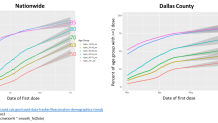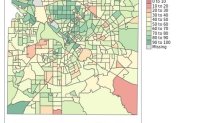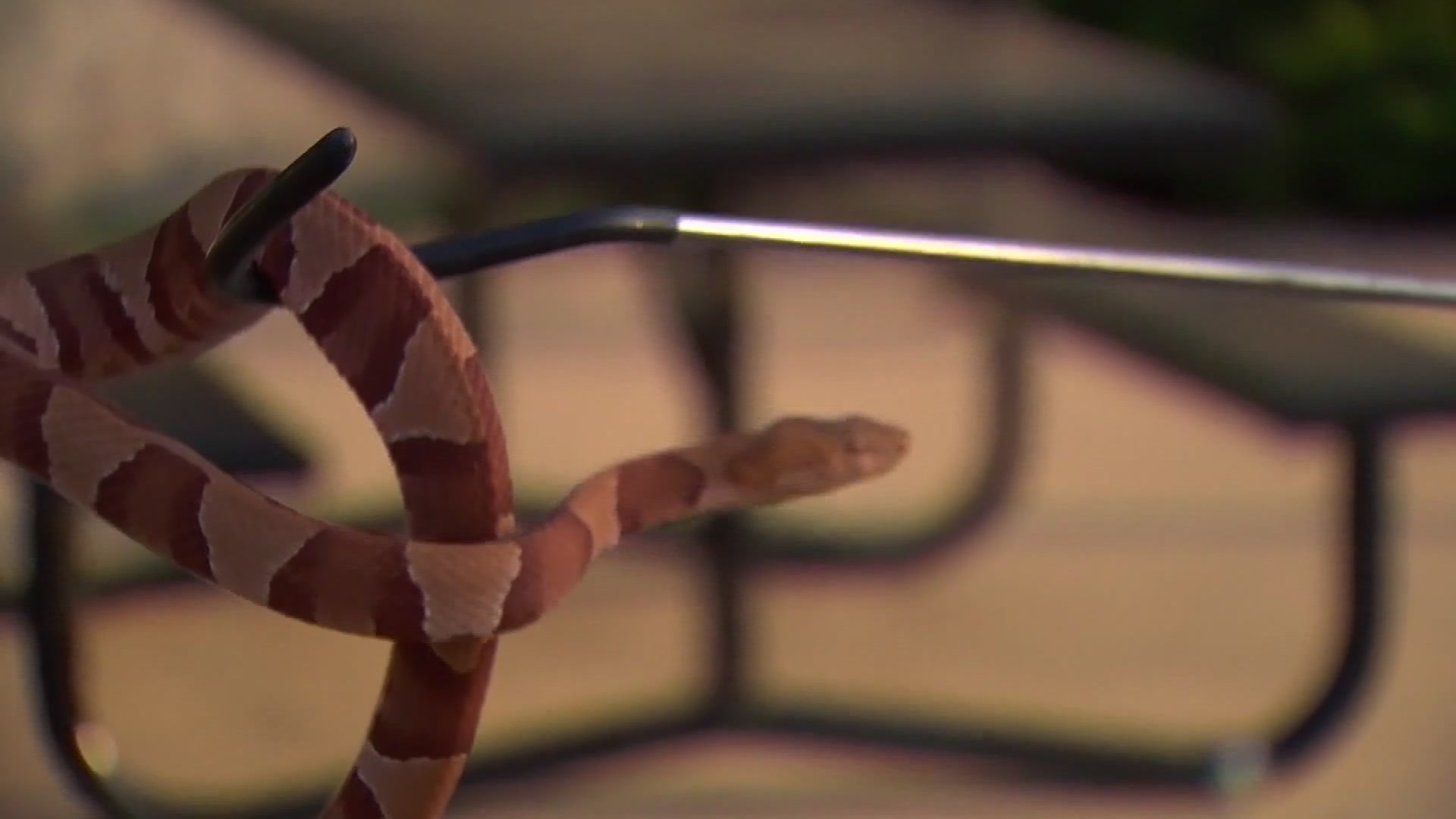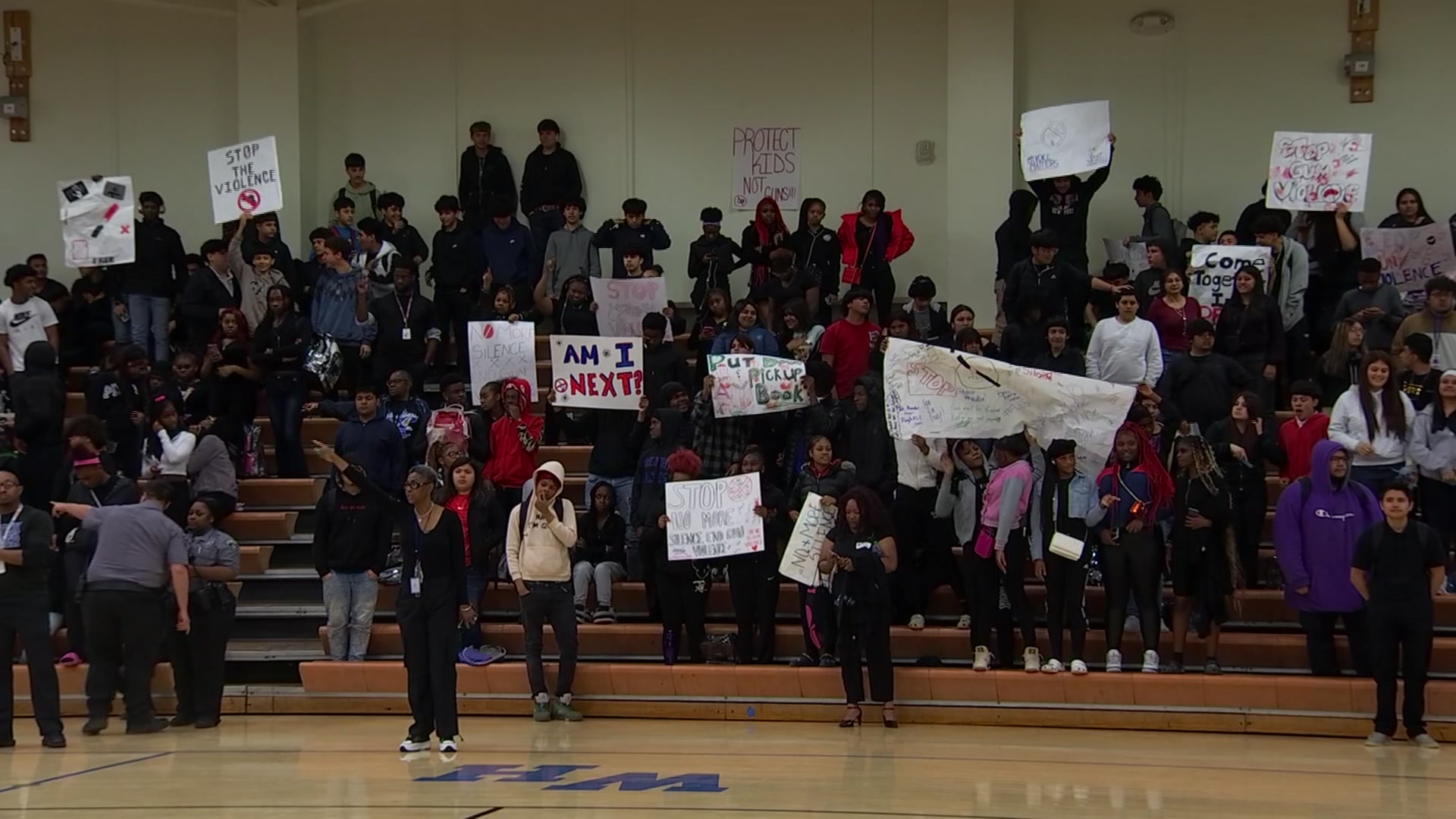Fewer North Texans are getting the COVID-19 vaccine, according to Dallas County health officials.
Experts at the Parkland Center for Clinical Innovation say vaccine hesitancy is distancing us from an important pandemic milestone: herd immunity.
Herd immunity is when most of a population is immune to an infectious disease, whether by vaccination or natural antibodies from prior infections.
According to the Johns Hopkins Bloomberg School of Public Health, a return to a pre-pandemic lifestyle would require at least 70% of the population to be immune to keep the rate of infection down without restrictions on activities.
Get DFW local news, weather forecasts and entertainment stories to your inbox. Sign up for NBC DFW newsletters.

In February, the center forecast that Dallas County could reach herd immunity by mid-June.
In an updated statement Wednesday, the center's president and CEO Steve Miff, Ph.D., announced, "due to slowing vaccination rate, we have updated our forecast of Dallas County reaching the COVID herd immunity threshold to late June with the possibility of falling back even further into July."
Local
The latest news from around North Texas.
PCCI’s herd immunity forecasts in February were based on 80% of the county’s residents either having recovered from COVID-19 or having received vaccinations.

The 12 Dallas zip codes that have passed the 80% threshold include:
- 75082
- 75159
- 75182
- 75201
- 75202
- 75204
- 75207
- 75208
- 75225
- 75235
- 75247
- 75251
To date, over 35% of the Dallas County population is vaccinated, including more than 73% of residents over 65 years old, however, the vaccination rates have been dropping.
Dallas County is averaging 45,000 vaccines administered per week, down from the mid and upper 60,000s in March.
"The more people that are infected and continue to be infected the more chance the virus has to mutate," Miff said. "Hence the reason this is so important for us to continue to make progress, continue to vaccinate our neighbors, our family, and get to those levels as soon as possible."
According to Texas Health and Human Services, roughly 2.7 million Texans have recovered from COVID-19.
Those estimates suggest the number of recovered cases in Texas could be roughly 10 million, or a third of the state's population.
About 25% of all Texans have been fully vaccinated, according to this map.
With a decline in demand, vaccination hubs around North Texas have altered operations or, in some cases, closed.
For months now, Navarro County's hub in Corsicana has been open twice a week.
Corsicana Fire Chief Paul Henley said about 80% of the people they've seen have driven in from elsewhere due to long waits.
"We saw a real clamoring for it early on," said Henley.
But like a lot of places, in recent weeks supply has outpaced demand.
So after a final administration of second doses next week, the county will demobilize the hub and allow local pharmacies to be the primary vaccine providers.
"[The volunteers] would come together for a whole eight hours and maybe get only 300 people, so we feared it's time because we're just not seeing the volume or the need where we're at," said Henley.
It's a similar story in Dallas County where a waitlist once one million people long is now non-existent. And in Tarrant County, which closed a federally backed site last week.
The Texas Coronavirus Antibody REsponse Survey (CARES) seeks to understand the human antibody response to SARS-CoV-2, the virus that causes COVID-19, and hopes participation in its survey helps quantify how many Texans have antibodies.




